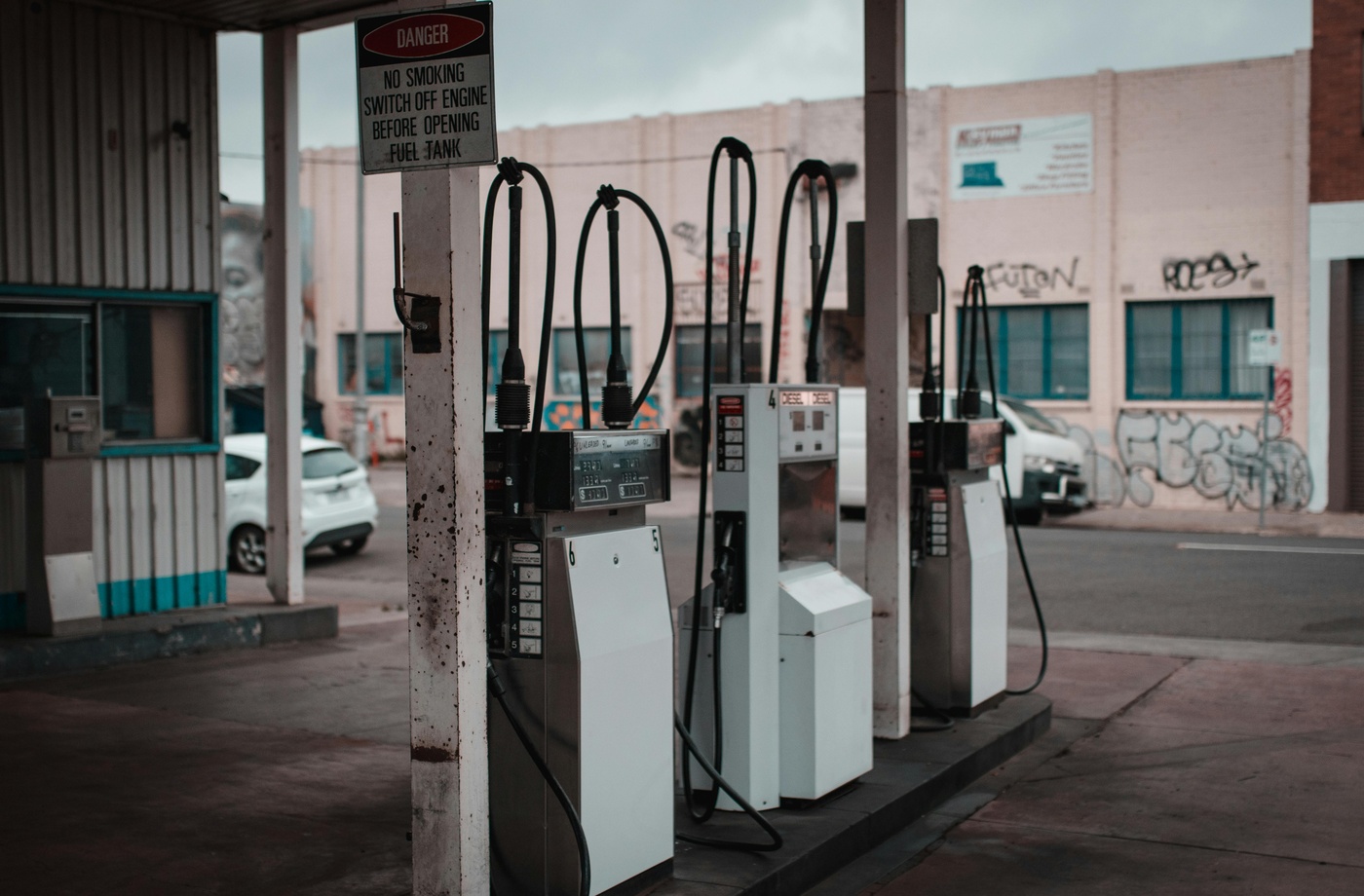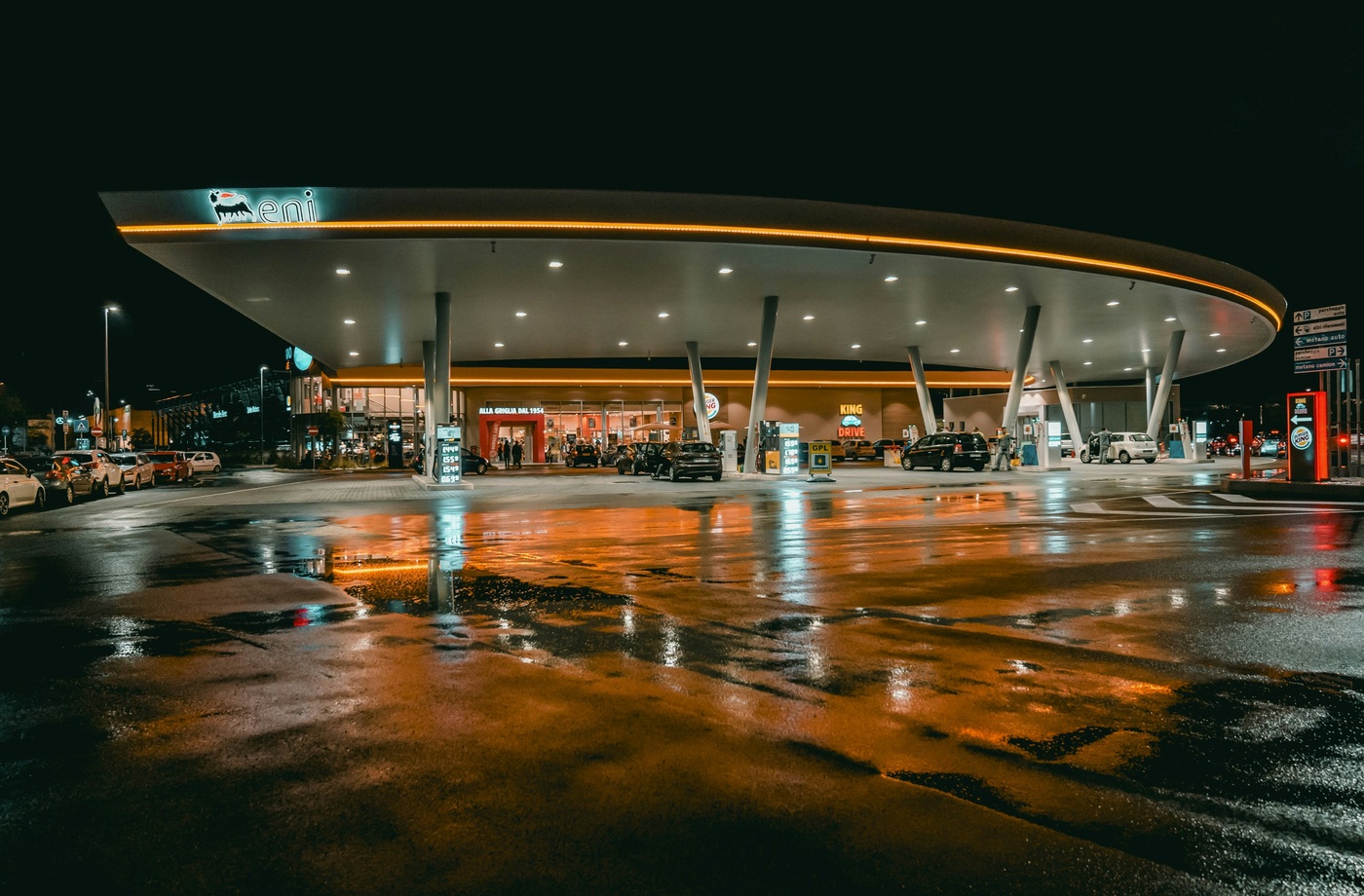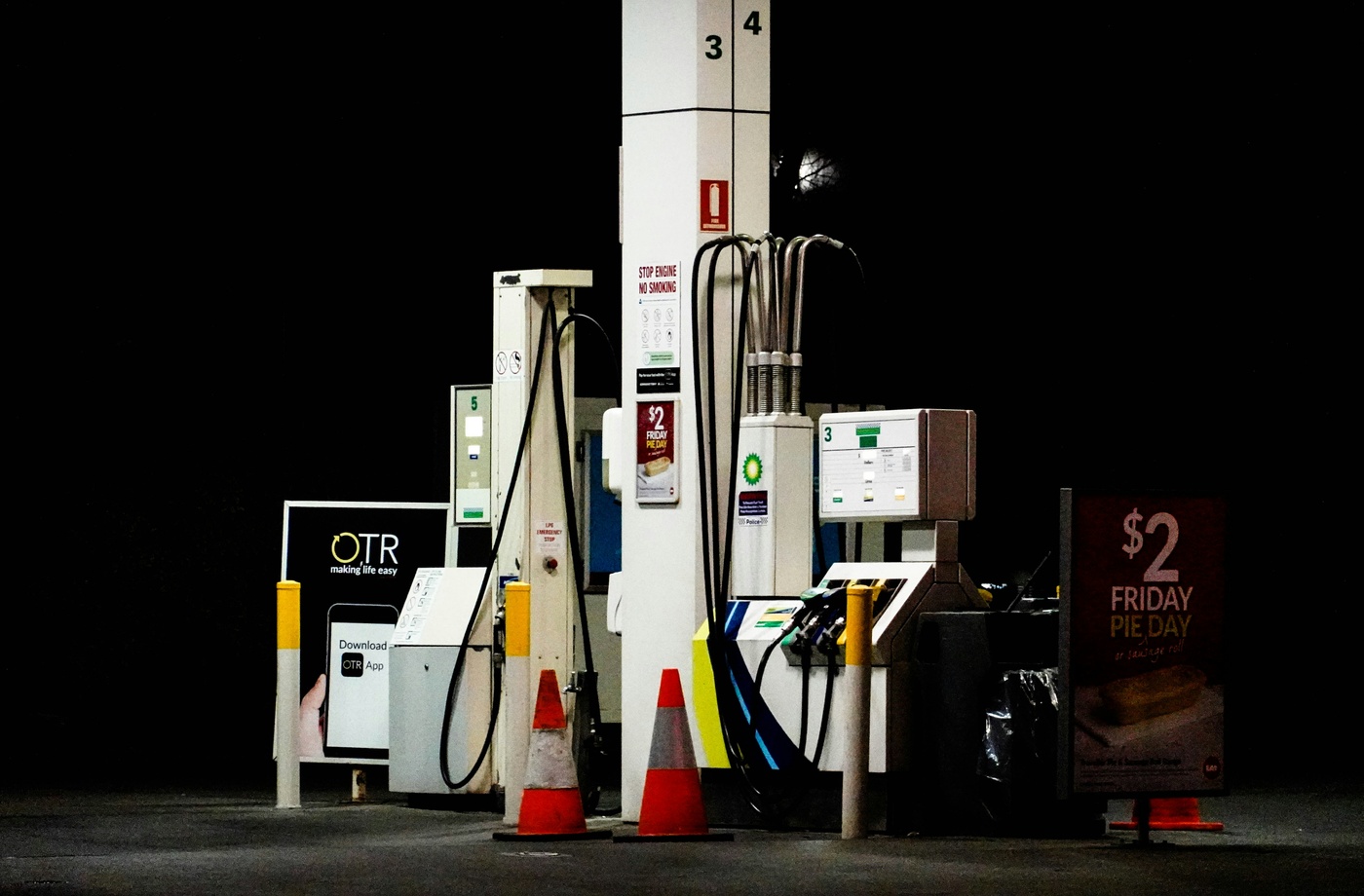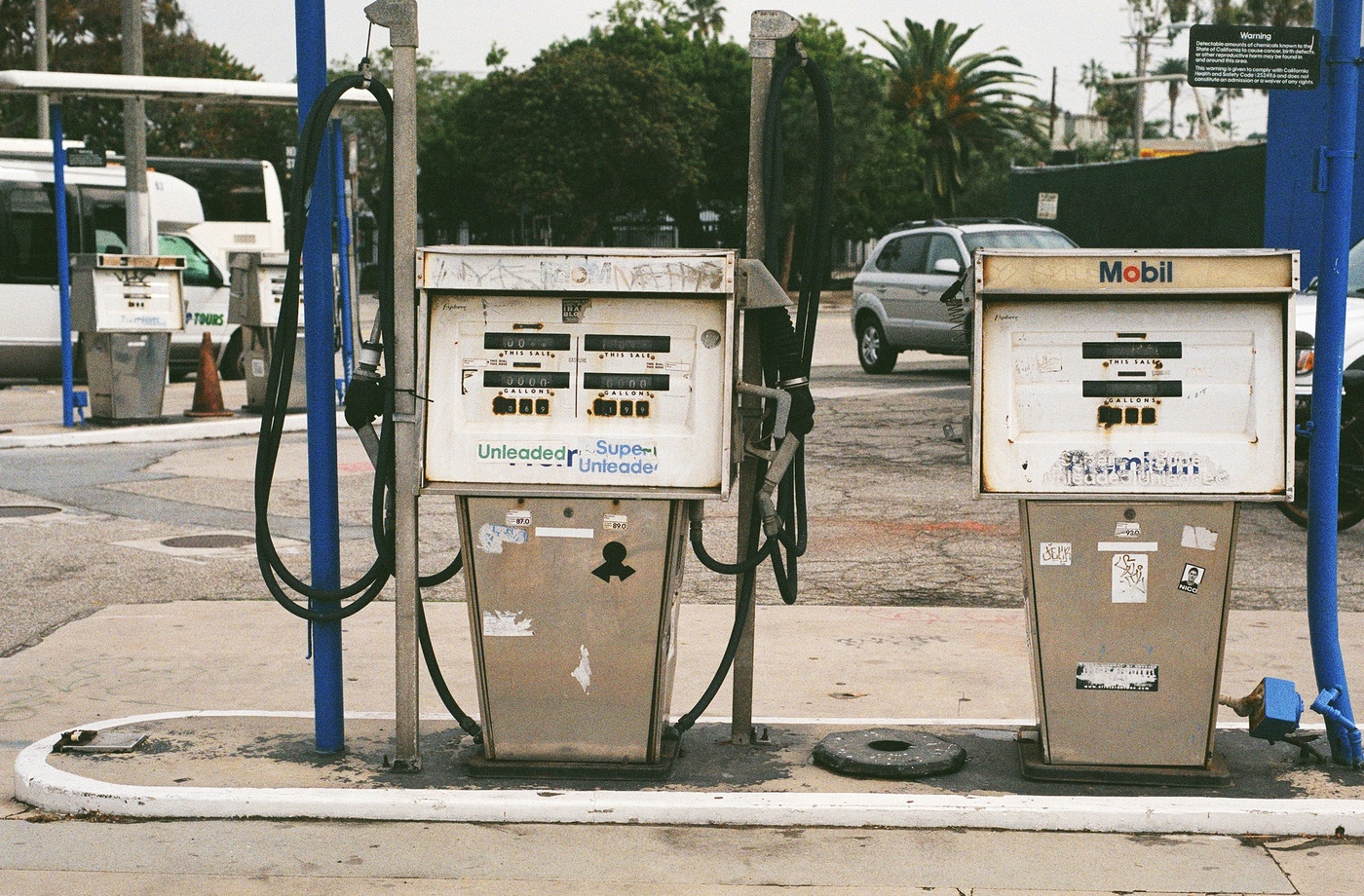If you’re trying to improve your vehicle’s fuel efficiency, you probably think about tire pressure, driving habits, and maybe even switching fuel brands. But one of the most overlooked maintenance tasks that affects miles per gallon (MPG) is replacing your car’s engine air filter. A clean air filter ensures your engine breathes properly, and when airflow is restricted, fuel efficiency takes a direct hit.
Here’s what you need to know about air filter maintenance, fuel economy, and how often to replace your filter for peak performance.
What does an engine air filter do?
Your engine air filter prevents dirt, dust, leaves, and other contaminants from entering the engine. When working properly, it ensures clean airflow into the combustion chamber, where it mixes with fuel to power your car.
A clogged air filter restricts airflow, forcing the engine to work harder and burn more fuel. According to FuelEconomy.gov, replacing a dirty air filter on older, carbureted engines can improve fuel economy by as much as 6–11%. While modern fuel-injected engines adjust for airflow changes more efficiently, a clogged filter can still reduce performance, acceleration, and long-term efficiency.
How often should you replace your air filter?
Most automakers recommend replacing the engine air filter every 12,000 to 15,000 miles, or roughly once a year under normal driving conditions. However, your replacement schedule should depend on your driving environment:
- Dusty or rural roads: Replace every 10,000 miles or sooner.
- Urban stop-and-go traffic: Inspect every 12,000 miles.
- Heavy highway driving: Inspect around 15,000 miles.
Always check your owner’s manual for manufacturer-specific guidelines. You can also inspect the filter visually—if it looks dark, dirty, or clogged with debris, it’s time for a replacement.
How to inspect or replace your air filter
Most air filters are located in a plastic housing under the hood and can be accessed without tools. Open the housing, remove the filter, and inspect it against a light source. If light doesn’t pass through, or you see dirt buildup, it’s time to swap it out.
Replacement filters typically cost $10–$30 and can be found at:
You can also have your filter replaced during routine oil changes, but DIY replacement is often cheaper and takes just a few minutes.
Other benefits of a clean air filter
In addition to improved MPG, a clean air filter can:
- Enhance acceleration and engine performance
- Reduce emissions
- Protect engine components from premature wear
- Improve throttle response in high-demand driving
Pair air filter maintenance with smart fuel-saving habits
Maintaining a clean air filter is one piece of the fuel-efficiency puzzle. Combine it with other proven strategies to maximize your MPG:
- Use apps like Fuelio to monitor fuel economy over time
- Check tire pressure monthly with a digital gauge
- Plan routes to avoid traffic-heavy zones using Waze
- Take advantage of cashback platforms like Fluz, where you can earn cashback with a BP gift card or save on Shell fuel when paying digitally
Final thoughts
Replacing your engine air filter on time is a quick, inexpensive way to improve your vehicle’s fuel efficiency, performance, and longevity. When paired with smart driving habits and digital savings tools like Fluz, small maintenance tasks can add up to major savings over time—mile after mile.



